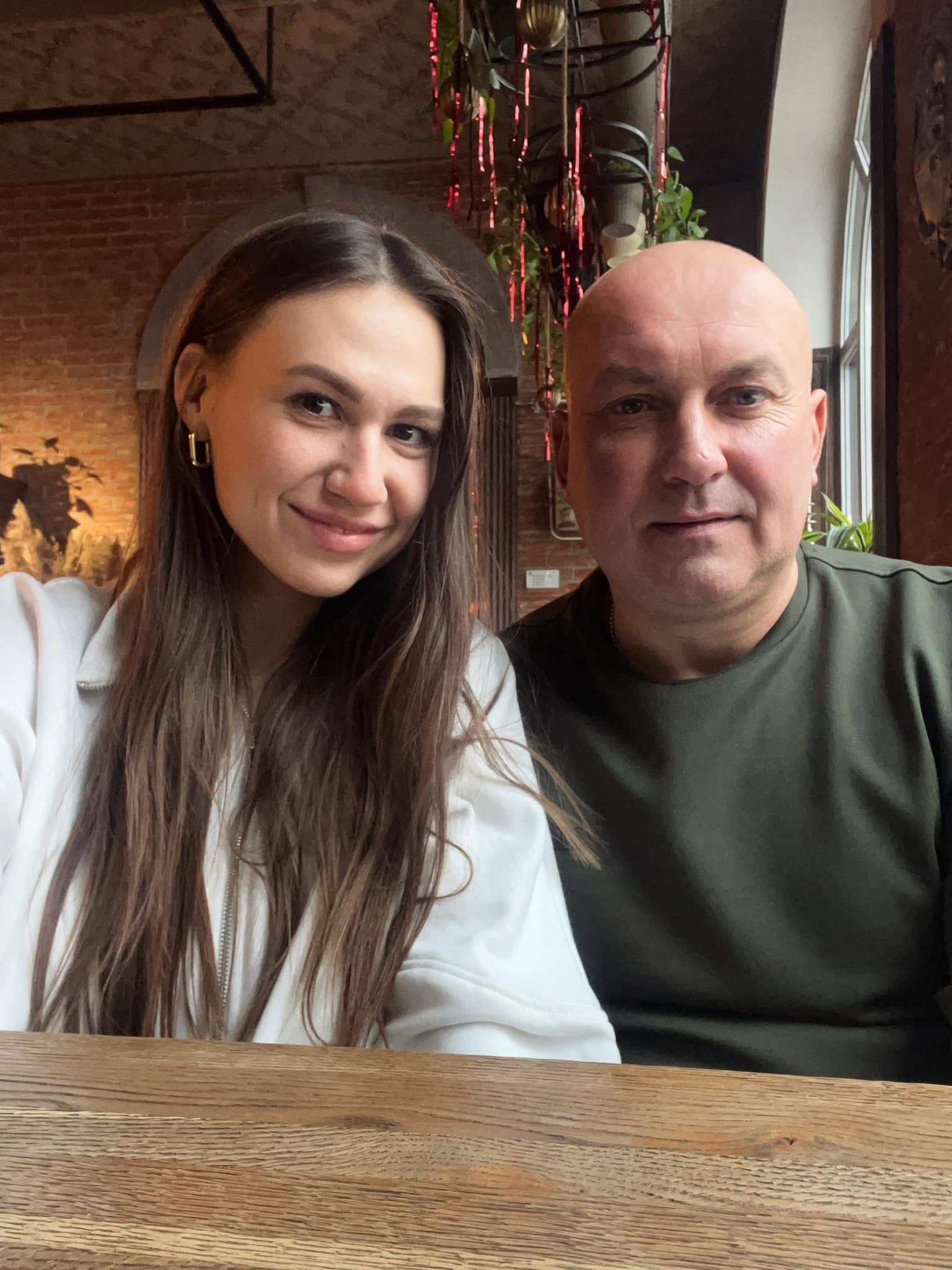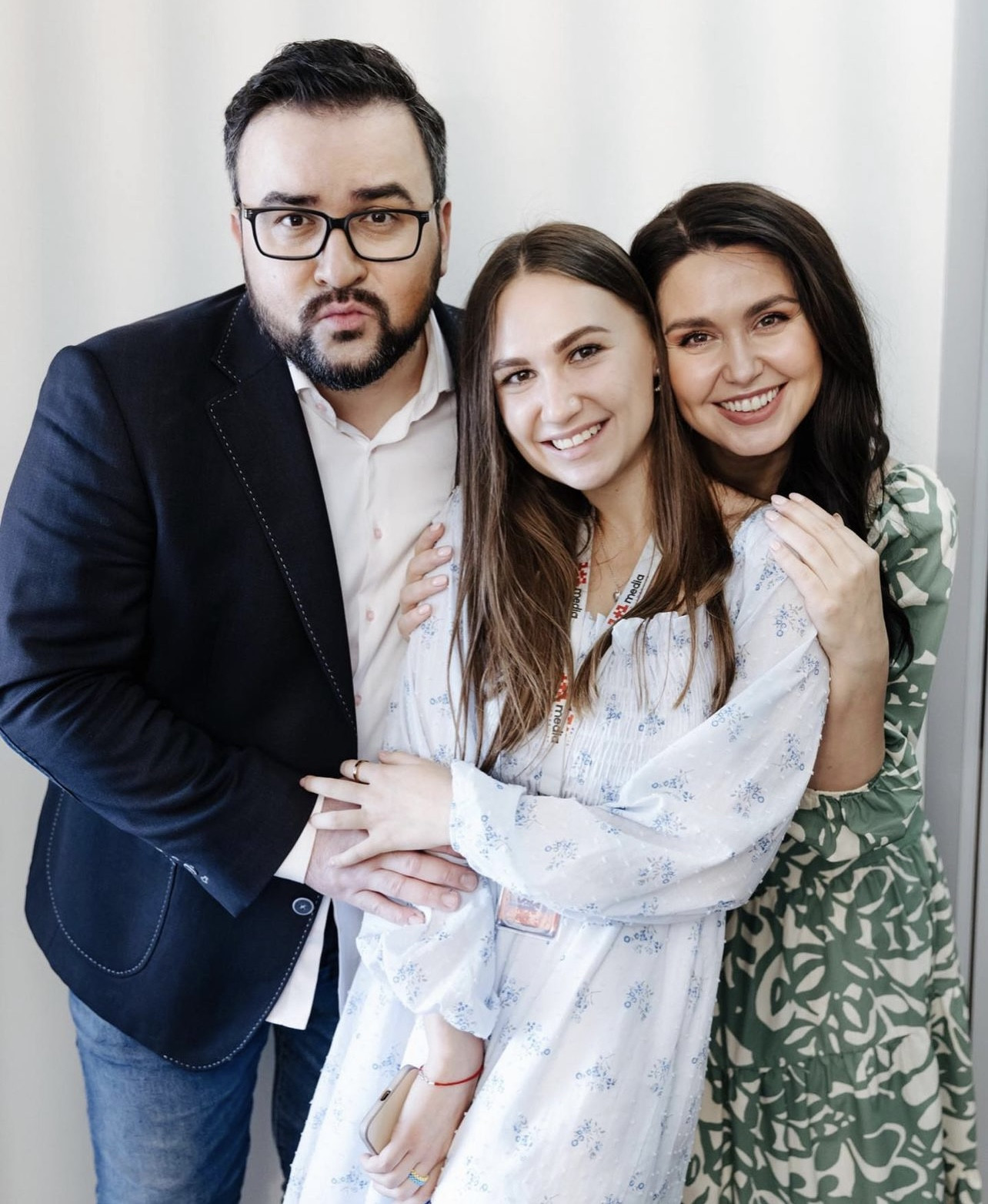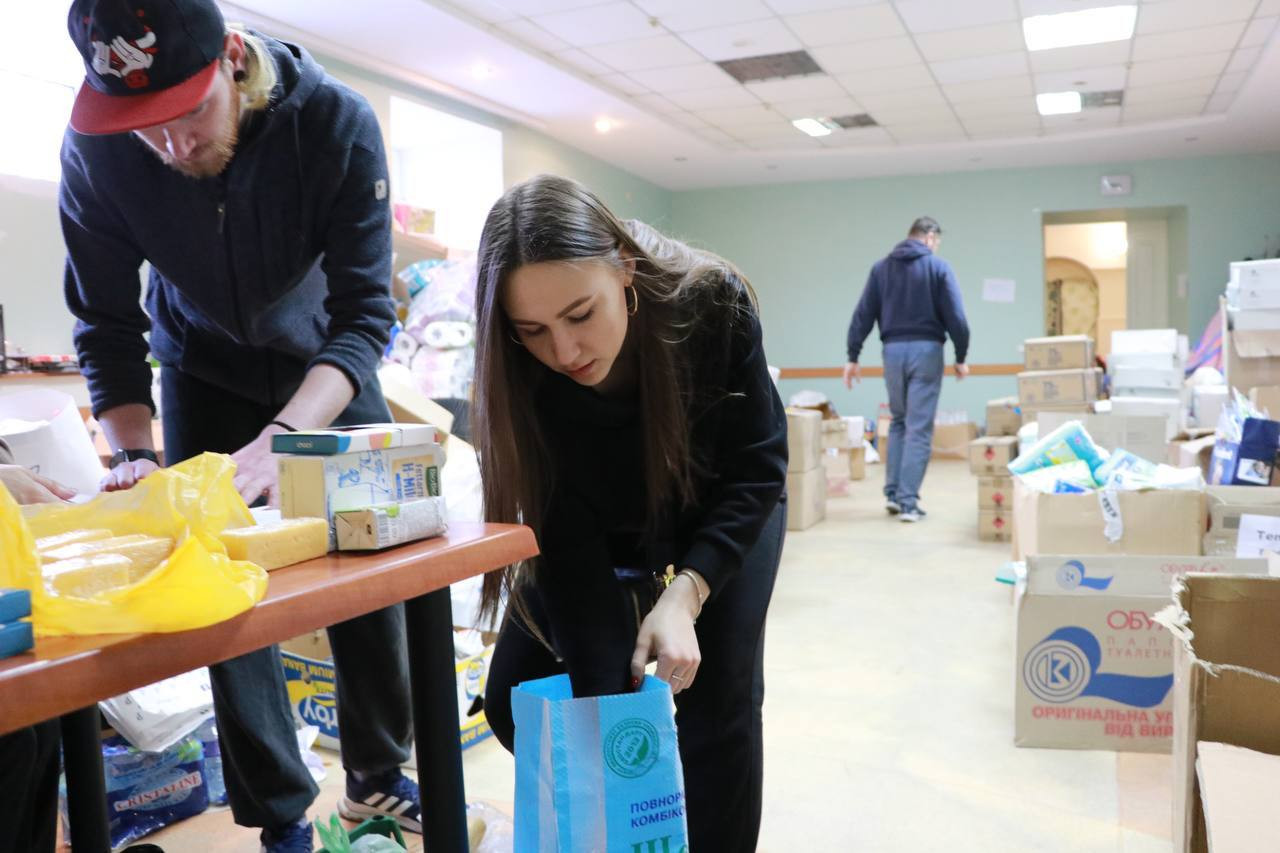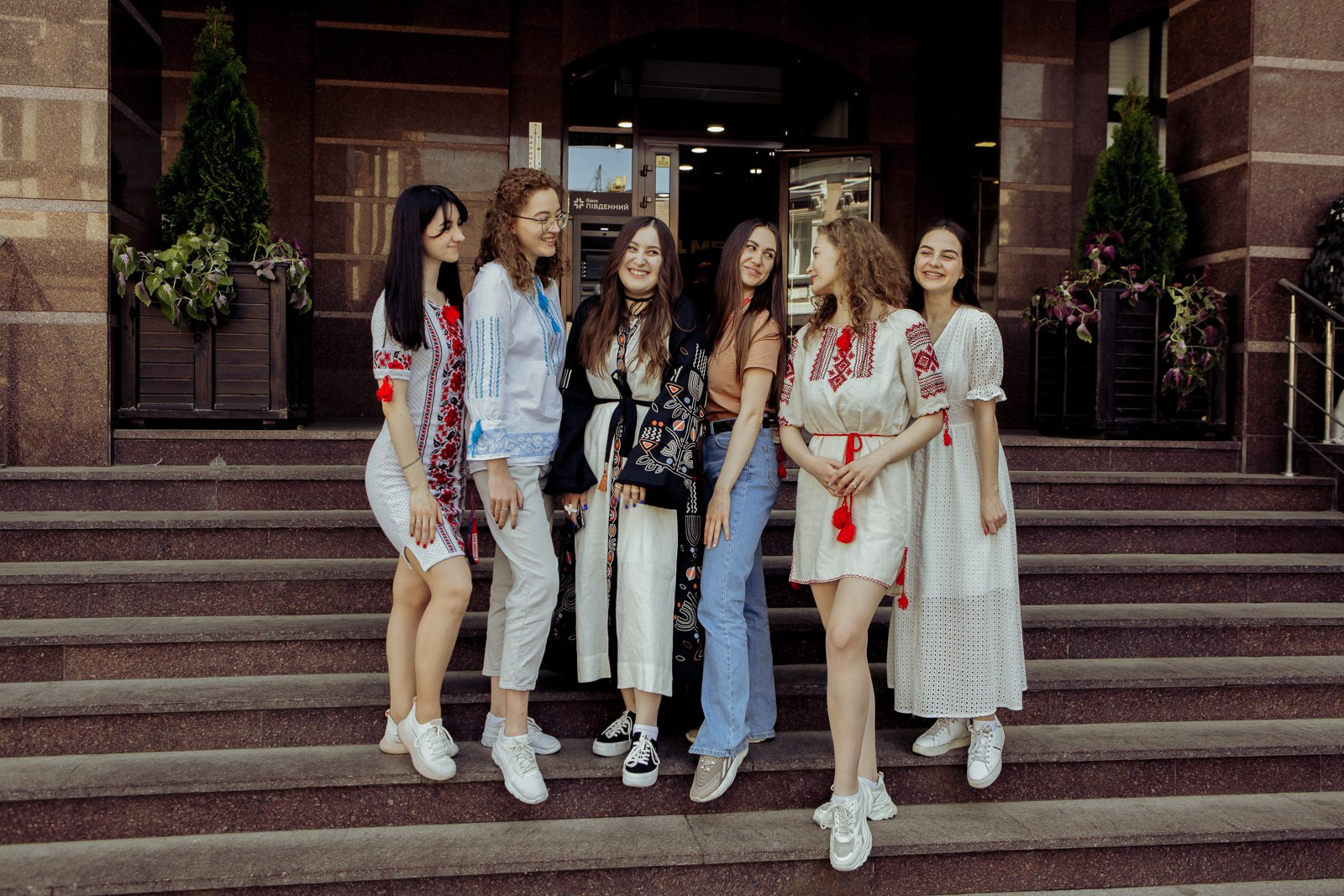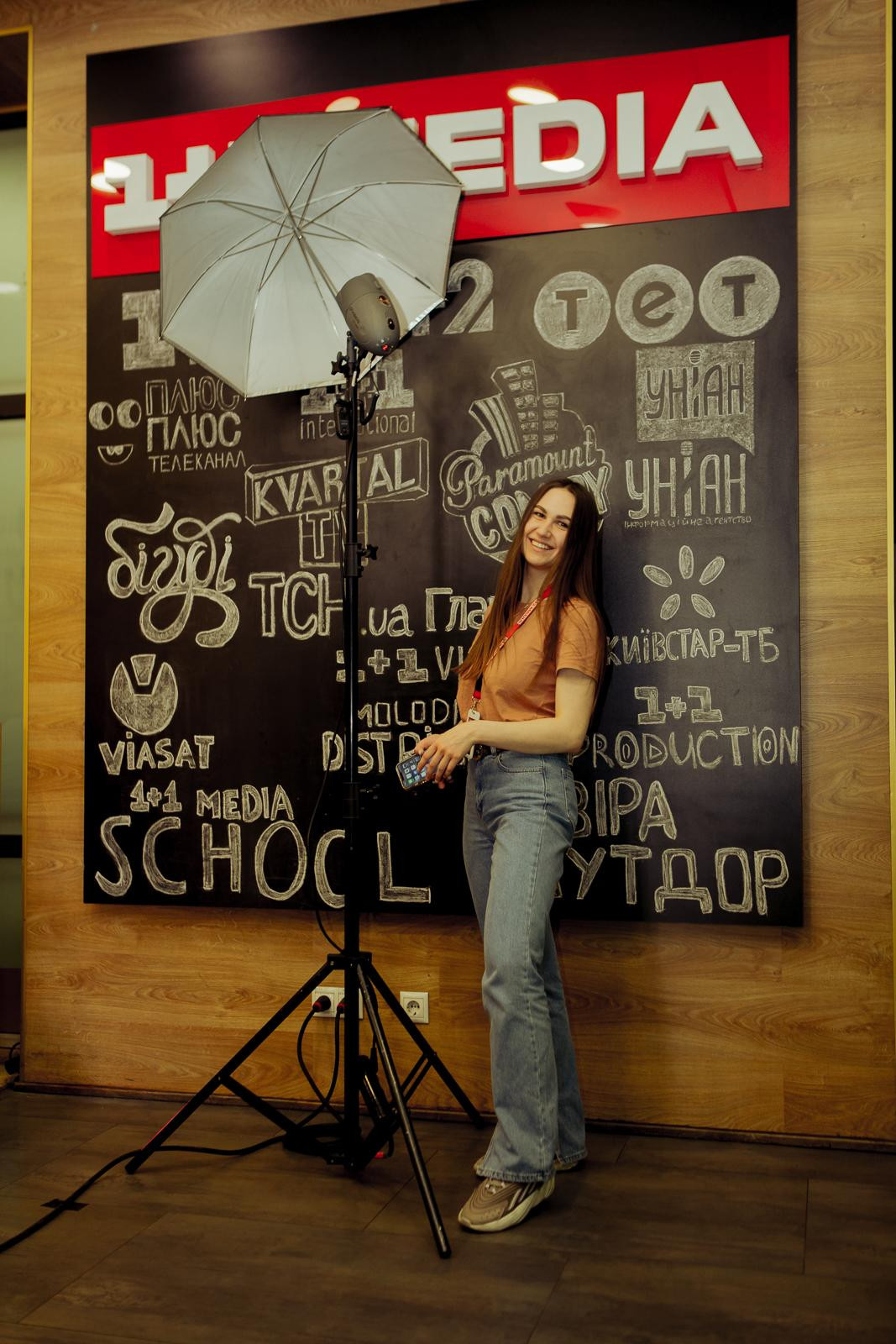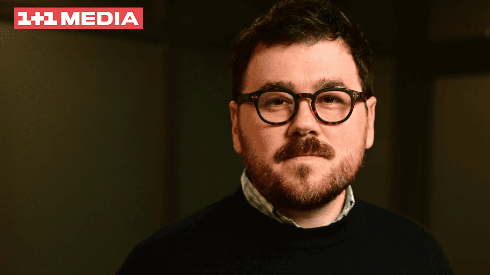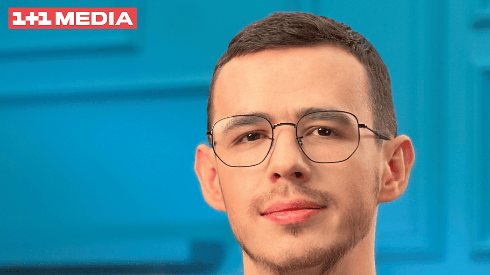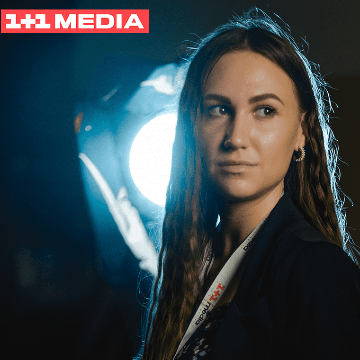
Violeta Tereshchenko, PR Manager of the External Communications Group
- Being a PR professional during the war means not letting go of your phone, always being in touch and aware of all the news.
- How has the war affected you personally? I became more mature and realised that something can go wrong in life. I guess I took off my rose-coloured glasses.
- The biggest challenge in 2 years is to return to Kyiv and start life from scratch.
I woke up to a call from my mother, who said in a calm voice: "Don't worry, but wake up. The war has started."
Tell us about your morning on 24 February. What did you do first? Did you have a plan for what to do next?
She met the Great War in Poltava. I woke up to a call from my mother, who said in a calm voice: "Letusia (as she calls me), don't worry, but wake up. The war has started".
Of course, I didn't manage to stay calm. I felt inner chaos, it was hard to pull myself together. I immediately started using instant messengers, writing to my family and friends, turning on the TV to get at least some information. Then I decided to pack my things and food, because I didn't know if I was going to go anywhere. But in a few hours I left for Poltava region.
The hardest part was coming to terms with my dad's decision to go to war. "I will not sit at home when they are trying to destroy us. I have someone to defend!" were his words in the first days of the war. For two years now, my dad has been courageously defending our country, and I am immensely proud of him! He is my great support and inspiration!
From the first hours of the full-scale war, we started working around the clock
What were the first weeks of the full-scale invasion like? What did you personally do as a team and why did you continue to work despite everything?
During this period, I worked in the celebrity promotion department, which was responsible for the personal image of the presenters and social media management of the 1+1 TV channel presenters. From the first hours of the full-scale war, we started working around the clock. Together with the team, we prepared posts on Facebook, wrote releases, and created a common account for the hosts on TikTok, the platform that received the most attention. As we worked directly with the stars, and they received many emails from viewers who needed support, we provided it and shared information on where to watch breaking news, etc. At the same time, we recorded video messages with the hosts to emotionally support the readers.
There was no clear plan, we did everything gradually. I am grateful to the team for the experience I gained working with them. This is the period of my life that started my PR career.
I worked at the headquarters for 4 months, every day and without days off
We can also see from your social media that you volunteered at the beginning of the full-scale war in your hometown of Poltava. How do you remember the city back then, and why did you decide to join the charity?
When I was in the region for two weeks, I started to eat myself up mentally, because I felt an urgent need to help people. I think I was inspired by my mother, who quit her usual job from the first days of the war and started volunteering. At that time, a charity headquarters was set up at the city council in Poltava, where we worked as volunteers at the distribution point. I personally worked for 4 months, every day and without days off. At that time, many IDPs came to the city, and everyone needed help. We demolished and sorted the necessary things, distributed food, hygiene products, bed linen sets, and provided not only material but also moral support. It was hard to get out a word without crying when talking to the IDPs.
I remember this period with special trepidation. Our team and headquarters became a small family during this time, supporting each other and helping each other. It was extremely important. I am grateful to everyone with whom I had the opportunity to work!
In July 2022, you joined the Corporate Communications team. How have your functional responsibilities changed? And what does the corporate communications team look like?
Since the outbreak of the full-scale war, there have been significant changes in my life. I was always drawn to Kyiv, so I decided to move to the capital. Later, I received a call from an HR specialist at 1+1 media and was offered a job as a PR manager of the external communications team.
My responsibilities have changed dramatically. External communications means a lot of texts and interviews. It was a challenge for me because I had to process it quickly. A little later, due to personnel changes in the corporate communications department, in addition to preparing information materials, I started creating content.
Today, our team is fully staffed, powerful and cool. Everyone is inspired.
PR is fragile
Working since the first days of the full-scale war, you have definitely felt the changes in PR. What are communications like in a major war? In particular, what should be considered when creating creative and how does the audience perceive such content?
PR is fragile. You need to be careful with it. There is a right to make a mistake, but it can be followed by an even bigger mistake that can turn into a crisis. There is more responsibility in communications, everyone has become more cautious and empathetic at the same time. We now analyse information three times more thoroughly, checking every detail. In addition, PR professionals should constantly check what is happening in the country or the world. If there is a shelling, we don't just post publications, but rather highlight help and words of support. We present all the information as real, but through the prism of the war.
There are also many factors to consider when creating video content. Even with music, there are a lot of risks. You always have to check which country the artist is from, do not use songs by Russian artists, because he or she may be signed in English.
You will never be able to create content that will appeal to everyone and will not trigger anyone. After all, each of us is going through his or her own history and perceives information differently. But this is the reality we live in.
Now I notice that the audience has started to react more easily to content that does not mention the war. Perhaps because people want to be distracted from it at least for a moment.
In June 2023, 1+1 media launched the "How are you holding up?" column, authored by you, with the main goal of supporting mental health. Tell us more about it, how did you come up with the idea to create this column?
At a meeting with Yana Lyakhovich, Head of Corporate Communications at 1+1 media, I was given a task to develop a format for the column, where Plus employees would talk about how they are coping with turbulent times. We thought about the concept and visuals of the project and launched the "How are you holding up?" section on social media. Now each 4-minute episode takes about 5 hours to produce - from idea to development. Within it, the employees - stars, producers, presenters, managers and other Plus employees - talk about their experience of living in a great war, their own transformations and the main challenges in their work.
This section is simple, nothing fancy. However, this simplicity hides the meanings and important questions that each of us and the audience would like to hear. Communicating with my colleagues, I have the opportunity to get to know them better and see them more deeply, not just as a journalist in the frame, for example. I love this project with all my heart, but I let the stories I hear pass through me too much, even though I can't do otherwise.
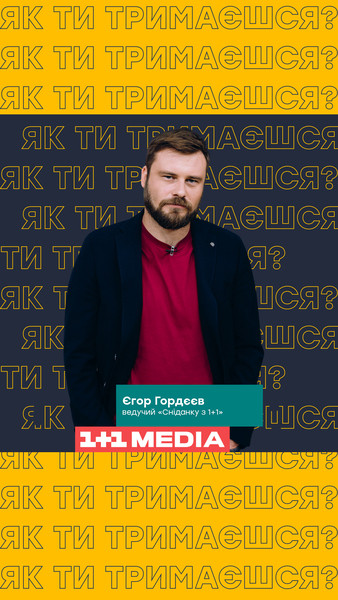
Together with the team of the Corporate Speakers Promotion Group, you are also involved in the Plus Ukrainian project, which aims to promote the Ukrainian language and culture. What are your current plans for the project?
"Add Ukrainian is a favourite, useful and important project. As part of it, we create video content for the Telegram channel and TikTok, but now we are planning to involve stars and scale it up.
Together with the team, we decided to create a series where we will involve corporate speakers. They will share their experience of switching to Ukrainian and share their personal advice. We are also working on new approaches to development at TikTok.
Dreams have become so atypical for me
What motivates you to work despite everything?
Results. When I see that my work helps someone, it means that everything is not just for nothing. I always put my heart and soul into what I do.
What is your dream today?
Dreams have become so atypical for me. I rarely see my dad, a few times a year, because he is fighting in the Kupyansk sector. So I dream of being able to meet my family whenever I want. I want to wake up and not think about where my dad is, whether he was worried, what the consequences of the shelling are.
